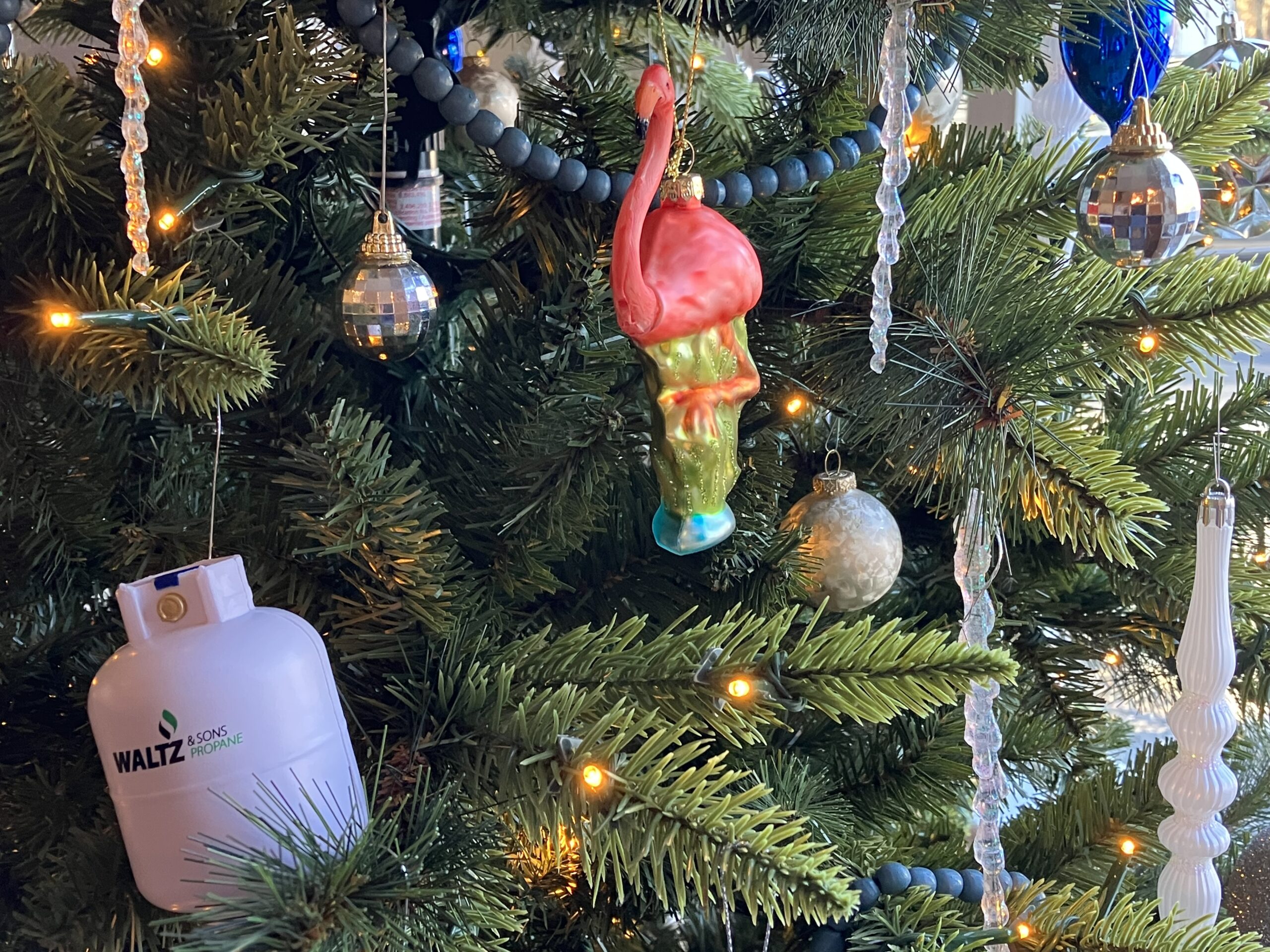 It’s always exciting to purchase a new appliance for your home. However, there is some thought and planning that needs to be done before making the investment.
It’s always exciting to purchase a new appliance for your home. However, there is some thought and planning that needs to be done before making the investment.
Some appliances, such as Ranges and Dryers, are produced to run on Natural Gas, and need to be converted to run on Propane. Remember to ask the store where you purchase your appliance to convert your appliance or order a propane conversion kit so that your appliance can be converted to run on Propane. If you pay for installation services, ensure they are licensed to install your appliance and connect to your gas system.
If you purchase a vent free heater, please note that they cannot be installed in a bedroom or bathroom per Maine State Code. Also note that vent free heaters tend to give off odors as they reburn the air in the room, and because of this may need to be serviced more often than vented heaters. In addition, vent free heaters may also add moisture to the room.
If you are thinking of installing a propane appliance, think of how the gas line can be run, and where a tank can be placed. A propane tank needs to be 5 feet from any opening such as a window or door, and 10 feet from any source of ignition such as an electrical outlet, heat pump condenser, or air intakes. If your home is on a slab, there are considerations for that as well. You may want to get a Free Site Survey to ensure the appliance and tank can go where you wish, and a line can be run to the appliance.
If you are purchasing a vented appliance ensure you order the proper venting materials, including heat shields for vinyl siding. This is especially important if you are purchasing a used appliance. Ask a professional if you are unsure of what type of venting you may need for a safe installation.
If you are having a generator installed in the colder seasons when the ground is frozen, be aware that the propane system may have to be run “above ground” temporarily until the Springtime when the gas line can be properly buried. It’s important that any temporary lines are protected. Be sure to discuss your installation with a professional for a safe installation.
Last of all, always notify your Propane Supplier when you add any appliance to your existing propane system. Your propane supplier needs to ensure it’s been properly installed, documented, and tested by a licensed technician. In addition, it may affect how often your deliveries are made if you are on automatic delivery. By notifying your Propane Supplier, they can adjust the schedule accordingly.
Please feel free to contact us at Waltz & Sons Propane if you have any questions.